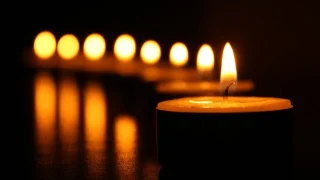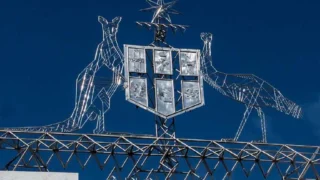
The federal government recently announced it will allocate $10 million a year over four years to strengthen the evaluation of Indigenous programs. However, given that the average cost of an evaluation is $382,000, the extra $10 million a year for Indigenous program evaluations will not go far. To make the most of this additional funding the government must change the way it evaluates and monitors programs. Although formal evaluations for large government programs are important, evaluation need not involve outside contractors. Government must adopt a learning and developmental approach that embeds evaluation into a program’s design as part of a continuous quality improvement process.
It is not enough just to evaluate, government must actually use the findings from evaluations to improve service delivery. Unfortunately, many government agencies ignore evaluations when making funding decisions or implementing new programs.
Analysis of 49 Indigenous program evaluation reports, found only three used rigorous methodology. Overall, the evaluations were characterised by a lack of data and the absence of a control group, as well as an overreliance on anecdotal evidence.
Adopting a co-accountability approach to evaluation will ensure that both the government agency funding the program and the program provider delivering the program are held accountable for results. An overarching evaluation framework could assist with the different levels of outcomes expected over the life of the program and the various indicators needed to measure whether the program is meeting its objectives. Feedback loops and a process to escalate any concerns will help to ensure government and program providers keep each other honest and lessons are learnt.










